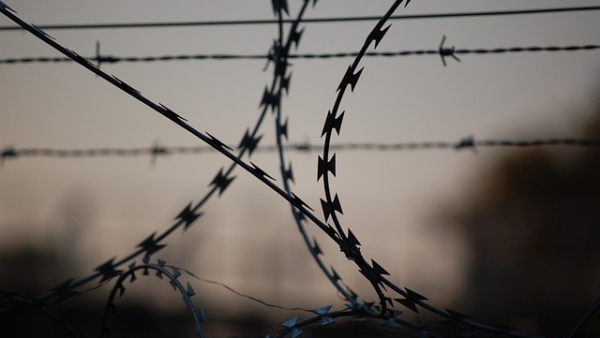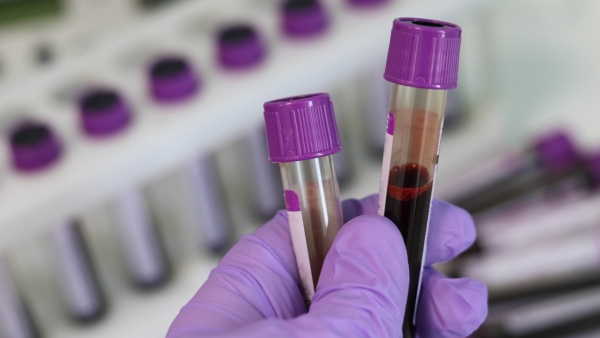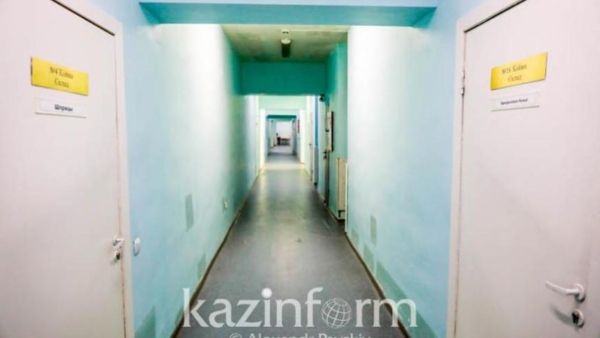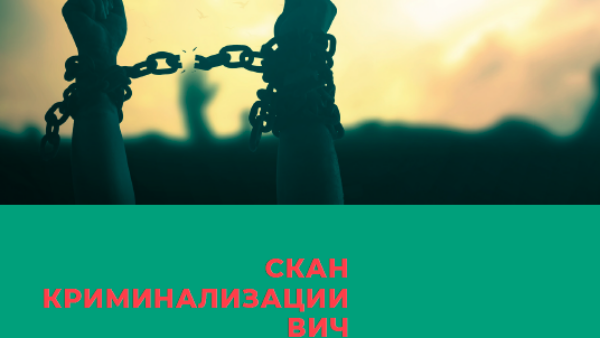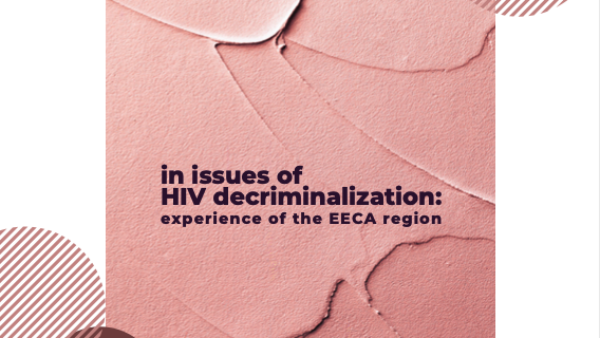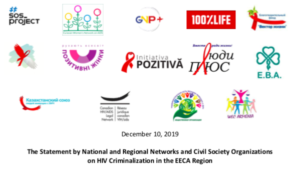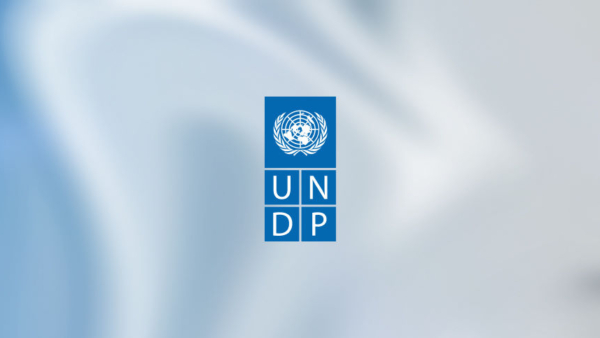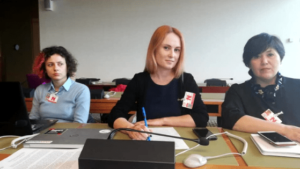Overview
Kazakhstan’s Criminal Code has an HIV-specific law, Article 118, which states that putting another person at risk of contracting HIV is punishable with up to 50 days in jail, community service, or a fine. The penalty is increased to up to five years’ imprisonment when HIV is transmitted. Disclosure prior to sex leading to informed consent is a defence to prosecution, however.
Article 117 of the Criminal Code criminalises knowing transmission of other sexual transmitted infections with a much lower penalty. Unlike with HIV, ‘exposure’ does not appear to be criminalised under this provision.
Official data reported in 2023 demonstrates the extent of cases under Article 118 from 2017-2022. The number of cases registered ranged from four to 12 per year, with the lowest number being recorded in 2022. Between one to five cases were referred to court in each year during this period. In terms of convictions, the Eurasian Women’s Network on AIDS (EWNA) reports in its 2018-2022 Criminalisation Scan in Eastern Europe and Central Asia that there were 13 convictions under Article 118 from 1998-2022, the majority of whom (nine) were men.
We have received reports of multiple HIV-related criminal cases, many of which are recent. One highly concerning case from 2017 involved a man found criminally liable for transmitting HIV to his female partner and, indirectly, to her child as the woman had breastfed the child while unaware of her HIV-positive status.
In 2019, a man was sentenced to four years’ imprisonment under part 3 of Article 118 for intentionally infecting four women with HIV. The defendant lodged an appeal the same year arguing that the sentence was excessively severe. The outcome of this appeal is not known.
In January 2020, media reported a criminal investigation into the case of 11 prisoners who had been found to be HIV-positive. Details are limited and it is unclear why the Karaganda AIDS Centre has precluded the possibility of transmission occurring inside prison, instead asserting transmission occurred while prisoners were on work release. The article notes that investigations are considering whether transmission may have been ‘intentional’.
More recently, in November 2022 a man was charged under section 2 of Article 118 for alleged knowing transmission of HIV to his partner, who was unaware of his status. A subsequent report in December of a man receiving a sentence of two and a half years’ imprisonment appears to refer to this case. Again recently, in September 2023, a man was arrested for allegedly ‘deliberately’ transmitting HIV to his two wives after one tested positive following routine pregnancy tests. It is not clear what evidence there was which proved an intent to transmit by the man, or even that he was the initial source of transmission. Similarly, in October 2023, a man was sentenced to six and a half years’ imprisonment for having unprotected sex with his current and former wife without disclosing his HIV status, allegedly resulting in transmission to one partner.
There have also been a number of reports concerning the forced testing of sex workers, and tracking of sex workers and clients, which raises concerns of prosecutions should they test positive.
In 2019, several groups of women living with HIV submitted a shadow report to CEDAW, recommending repeal of the HIV criminalisation provisions in the Kazakhstan Criminal Code. EWNA reports that in 2022 a draft law which would repeal Article 118 was developed, however this has not been adopted.
Article 429 of the Code on Administrative Offences makes evasion of medical examination or treatment by people living with HIV or other venereal diseases an offence after a written warning is given. This is punishable by a fine.
Laws
The Criminal Code of the Republic of Kazakhstan - dated July 3, 2014 No. 226-V (as amended and supplemented as of 01.01.2020)
Article 118. Infection with human immunodeficiency virus (HIV)
Part 1 is amended in accordance with the Law of the Republic of Kazakhstan dated 12.07.18 No. 180-VI
1. Knowingly putting another person at risk of contracting HIV –
shall be punished by a fine in the amount of up to two hundred monthly calculation indices, or by corrective labour in the same amount, or by engaging in community service for a term of up to one hundred eighty hours, or by arrest for a term of up to fifty days.
2. Infection of another person with HIV by a person who knew that he had this disease, – the applicable sentence is deprivation of liberty for a term not exceeding five years.
3. An act provided for by the second part of this article, committed in respect of two or more persons or in respect of a knowingly minor, – the applicable sentence is deprivation of liberty for a term of four to eight years.
Note. A person who committed the acts provided for in the first or second part of this article shall be exempted from criminal liability if another person who is at risk of infection or is infected with HIV has been warned in time of the presence of the first of this disease and voluntarily agreed to take actions that created a risk of infection.
The Criminal Code of the Republic of Kazakhstan - dated July 3, 2014 No. 226-V (as amended and supplemented as of 01.01.2020)
Article 117. Infection with a venereal disease
1. Infection of another person with a venereal disease by a person who knew that he had this disease, – shall be punishable by a fine in the amount of up to one hundred monthly calculation indices, or by corrective labour in the same amount, or by engaging in community service for a term of up to one hundred twenty hours, or by arrest for a term of up to forty-five days.
Part 2 is amended in accordance with the Law of the Republic of Kazakhstan dated 12.07.18 No 180-VI
2. The same act entailing grace consequences, as well as infection of 2 or more persons or a deliberately minor – shall be punishable by a fine in the amount of up to two thousand monthly calculation indices, or by corrective labour in the same amount, or by engaging in community service for a term of up to sex hundred hours, or restriction of liberty for a term if up to two years, or imprisonment for the same term.
Further resources
Authors: Eurasian Women’s Network on AIDS (EWNA)
Regional HIV criminalisation report that summarises the state of play regarding HIV criminalisation laws and known prosecutions in the EECA region.
Authors: Eurasian Women’s Network on AIDS (EWNA)
Regional HIV criminalisation report that summarises the law and prosecution data in each country in the EECA region.
HIV Justice Network's Positive Destinations
Visit the Kazakhstan page on Positive Destinations for information on regulations that restrict entry, stay, and residency based on HIV-positive status, as well as access to HIV treatment for non-nationals.
